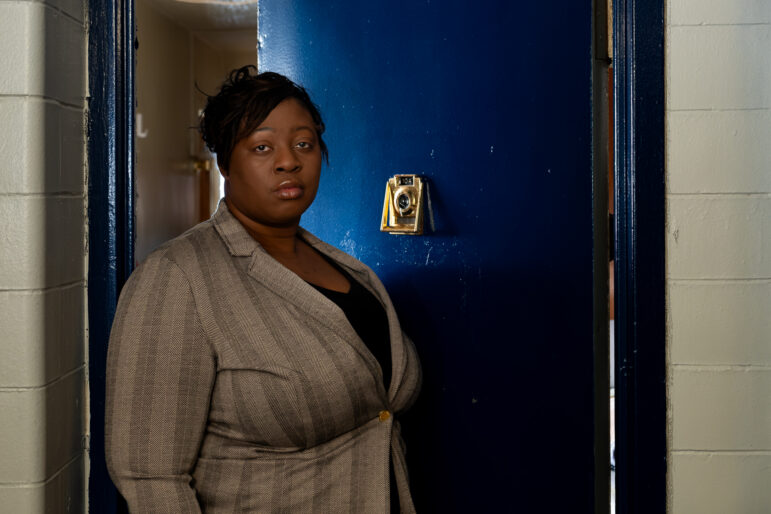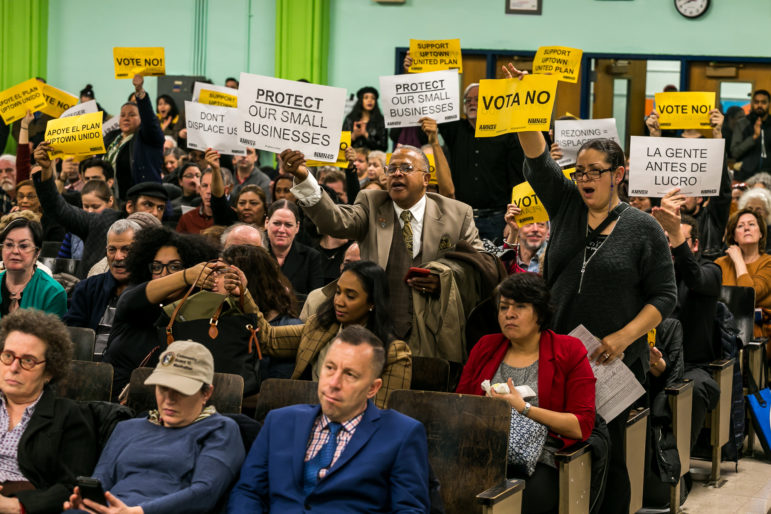New York State’s social service community is gearing up to respond to increased needs in the wake of the World Trade Center attack, but the lack of commitment from Albany to restore deep cuts that were passed in July’s “bare-bones” budget has left them worried that they’ll need to slash services and lay off staff instead.
Two days after the attacks, state legislators passed a bill authorizing $51 billion in re-appropriations. While this enabled any group that receives state funding to spend money left over from previous year’s budgets, it does not restore any of the cuts that were in this year’s $79.6 billion bare-bones package. Those cuts include an estimated $200 million loss for non-profit organizations, like $18 million to AIDS service organizations, $12 million to emergency food programs and $8 million to statewide legal services groups like the Legal Aid Society.
In the wake of the World Trade Center disaster, however, representatives of Assembly Speaker Sheldon Silver and Senate Majority Leader Joseph Bruno say the old budget issues are not a priority right now. “The speaker’s priority is to stabilize the crisis in lower Manhattan,” said Bryan Franke, spokesperson for Silver, whose district includes the World Trade Center disaster area. “Once they stabilize it, they can turn to other issues.”
Bruno’s office agrees: “Some budget issues are still outstanding, but the priority is still focused on recovering from what happened,” said the senator’s spokesperson, Mark Hansen.
Some budget analysts question this strategy, however. While they agree the legislature should support the rescue efforts at the twin towers, they believe that without restoring funds to organizations that help the city’s neediest, their current clients, let alone those who may come to them seeking support as a result of last week’s events, are likely to be hit hard in the coming year.
Some members of the human service community also worry that the legislature will neglect to allocate $1.5 billion in surplus federal welfare funds, called TANF block grants, for service like child care and job training before the fed’s September 30 deadline. However, several Albany insiders say they expect the governor and legislature to either request a waiver from Washington or pass a TANF spending bill soon.
Meanwhile, service providers wait for cuts to be restored. Ron Deutsch, the director of the Statewide Emergency Network for Social and Economic Security, which administers a statewide program helping women and minorities set up their own businesses, would like to help the thousands who lost their jobs on September 11. With his group’s Entrepreneurial Assistance Program, he said, “we could help hundreds of dislocated workers in New York City build a new life.” His groups faces a $1.3 million cut, however. “If our state leaders don’t finish their unfinished business, they’re only compounding Tuesday’s tragedy for low-income people.”








